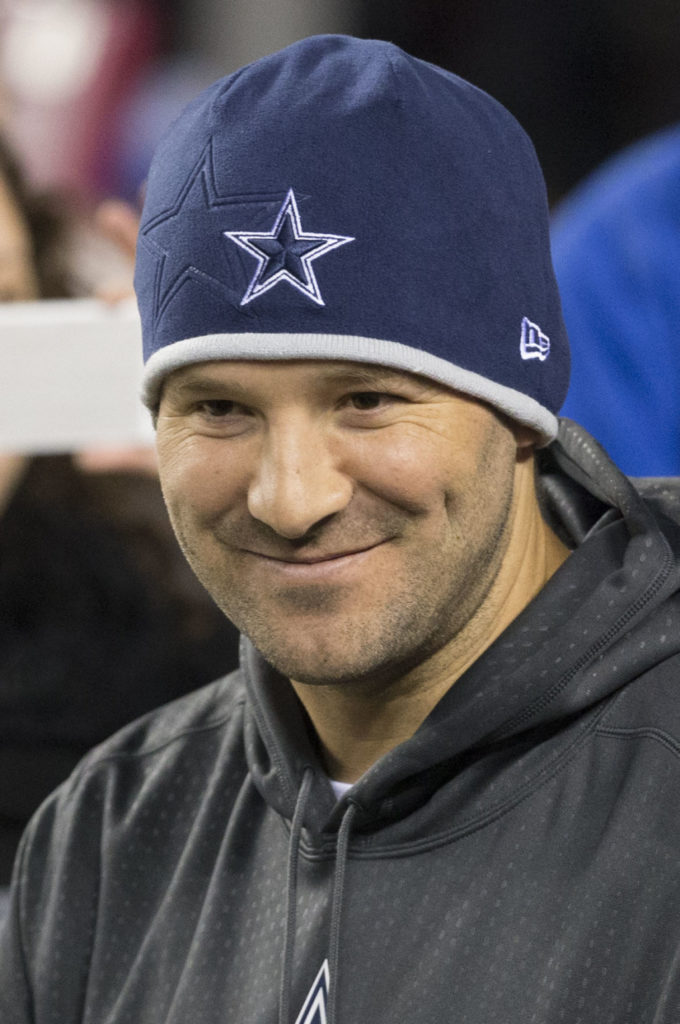It has been a tough week for Tony Romo.

For the last ten years, Dallas football fans have spent our Sundays and every Thanksgiving watching Tony Romo lead America’s Team up and down the gridiron. We have celebrated the victories and have mourned the losses. As Romo carried us through tough calls, changes in team leadership, and injury after injury, we cheered him on. And even during his unfortunate beret-wearing days, we rooted for him as hard as we rooted for Troy Aikman– even if Romo never managed to get us back to the Super Bowl.
This week, we watched as Romo publicly acknowledged the thing we all saw coming: his time as the starting quarterback for the Dallas Cowboys has come to an end; at least for now. Dak Prescott has earned the right to continue the good work he began in Romo’s absence, and Romo graciously agreed that it was time to pass the torch.
There were so many parts of Romo’s speech that struck me as I watched it — the reverent way in which he spoke about the game, the pressure he puts on himself to carry his team to a championship, and the deep loss he felt after sustaining such a serious injury during a season in which he saw real potential for victory.
But it was the way he acknowledged his successor’s talent and success that was truly noteworthy:
You see, football is a meritocracy. You aren’t handed anything. You earn everything every single day, over and over again. You have to prove it. . . . A great example of this is Dak Prescott and what he’s done. He’s earned the right to be our quarterback. . . . I’m not going to allow this situation to negatively affect Dak or this football team by becoming a constant distraction.
Preach it, Romo.
These are truths our kids must understand.
Tony Romo knows that the things in life that are worth having are worth working for. Success isn’t nearly as sweet when it’s handed to you, and looking out across a thing you built with your own hands is far more satisfying than any unearned accolade or achievement could ever be. Teaching our children delayed gratification — that the struggle will someday pay off even if it isn’t fun right now — will be key to their ability to stick with things when they don’t come easy.
His words also illustrate how difficult it can be to watch someone else succeed at our expense and how important it is to resist the urge to push others down to build ourselves up. Our children won’t necessarily make the team, even if they spend every night working on their free throw. Chances are, they won’t graduate first in their class, no matter how much they study. They’ll lose out on job promotions to less-qualified candidates. And, like Romo, they may lay the foundation for something that someone else ultimately carries to completion.
If we can teach our kids to applaud others’ successes even as they nurse their own disappointments, we can contribute to the success of their generation in a tangible way. Maybe the Post-Millennials (or whatever clever nickname they are ultimately given) can be better than we are at losing gracefully. Maybe they’ll learn what it means to pick yourself back up, work even harder than you did before, and try again, even at the risk of failing again.
So thank you, Tony.
Thanks for teaching our kids how to handle disappointment and loss with grace. Thanks for showing them that the best response is usually humility.
And thanks for giving us ten of your best years. We’re still rooting for you.













